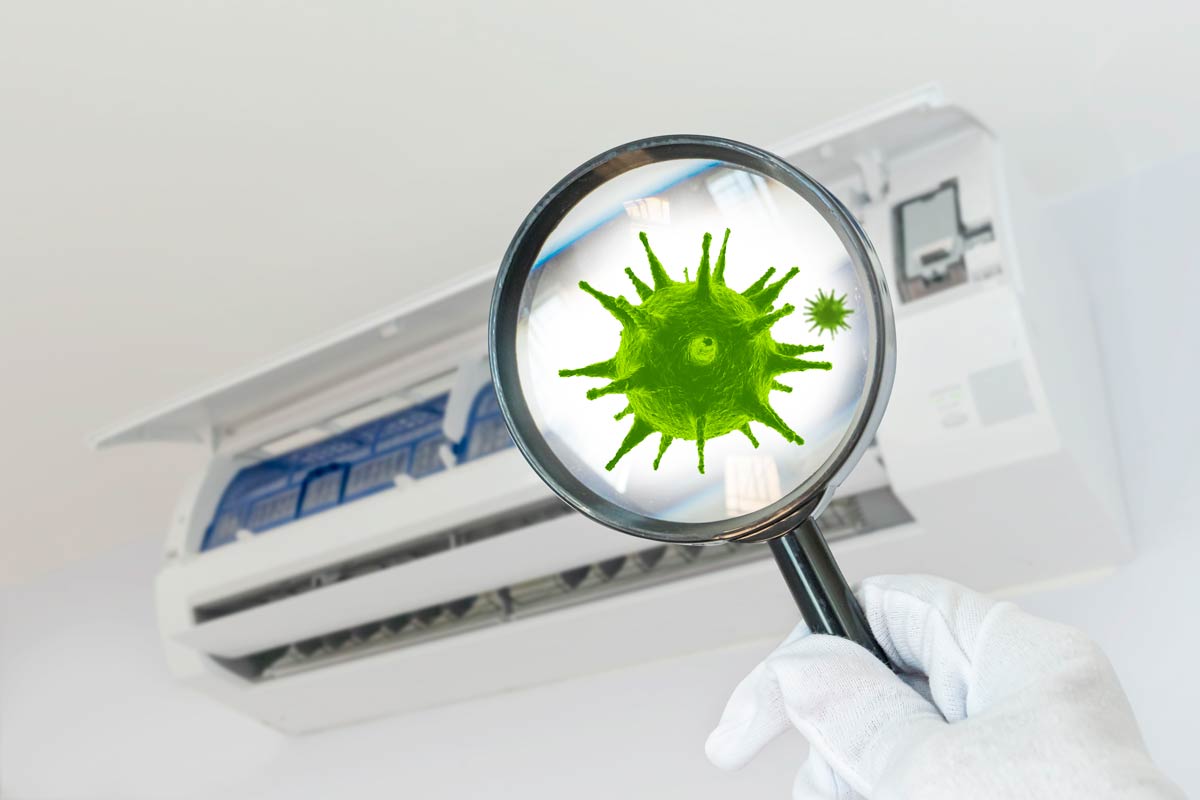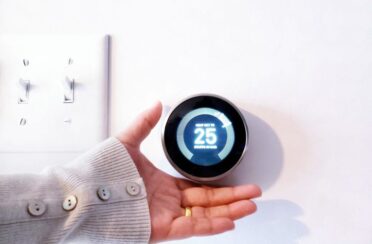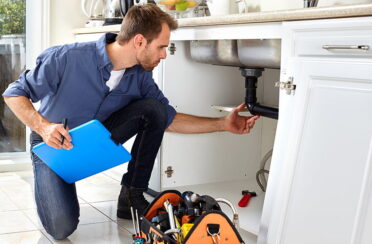 More than ever, there are HVAC systems and add-ons that help optimize indoor comfort and indoor air quality (IAQ). However, if you are shopping for an air cleaner, an air purifier or upgrading your media filter, it can quickly get confusing with all the products available. Read on to learn what you need to know about air filter science for your IAQ upgrade.
More than ever, there are HVAC systems and add-ons that help optimize indoor comfort and indoor air quality (IAQ). However, if you are shopping for an air cleaner, an air purifier or upgrading your media filter, it can quickly get confusing with all the products available. Read on to learn what you need to know about air filter science for your IAQ upgrade.
What Are Media Air Filters?
Media air filters include all of your conventional filters made of fiberglass, cotton, foam, or synthetic materials. These filters capture airborne particles by impaction. So, the more fibers and/or density the air filter contains, the more particulates it can capture.
At the very least, choose a filter with a MERV rating of between 9 and 12. These are your better box filters. Air filters in this range capture mold spores, dust mite parts, carpet fibers, spray paint, and auto fumes.
The Science Behind High Efficiency Particulate Air Filters
At the top of the MERV scale (from 16 to 20) are your High Efficiency Particulate Air (HEPA) filters. True HEPA filters capture 99.97% of airborne particulates that are as tiny as 0.03 microns, which includes bacteria and viruses.
Check with your HVAC provider before purchasing a whole-home HEPA system, as your HVAC system may need a modification to accommodate this thick filter.
How Do Electronic Air Filters Work?
Ionizing air purifiers (also called electronic air cleaners) use a small but intense electrical field to give an electrical charge to airborne particulates. Once the pollutants are charged, they pass through metal plates with opposite charges. The idea is for the charged pollutants to be attracted to the plates and stick to them. Cleanup is easy too: Just remove the plates and wipe them clean.
Do Ultraviolet Air Filters Kill Viruses and Bacteria?
Ultraviolet germicidal irradiation (UVGI) air cleaners use ultraviolet lamps to sterilize or destroy harmful biological pollutants, such as mold spores, viruses, allergens, and bacteria. However, UVGI air filter science does not capture airborne particulates such as dust and debris. So, you will still need a media air filter to do this job.
If you have questions about air filter science, please contact Arpi’s Industries.


